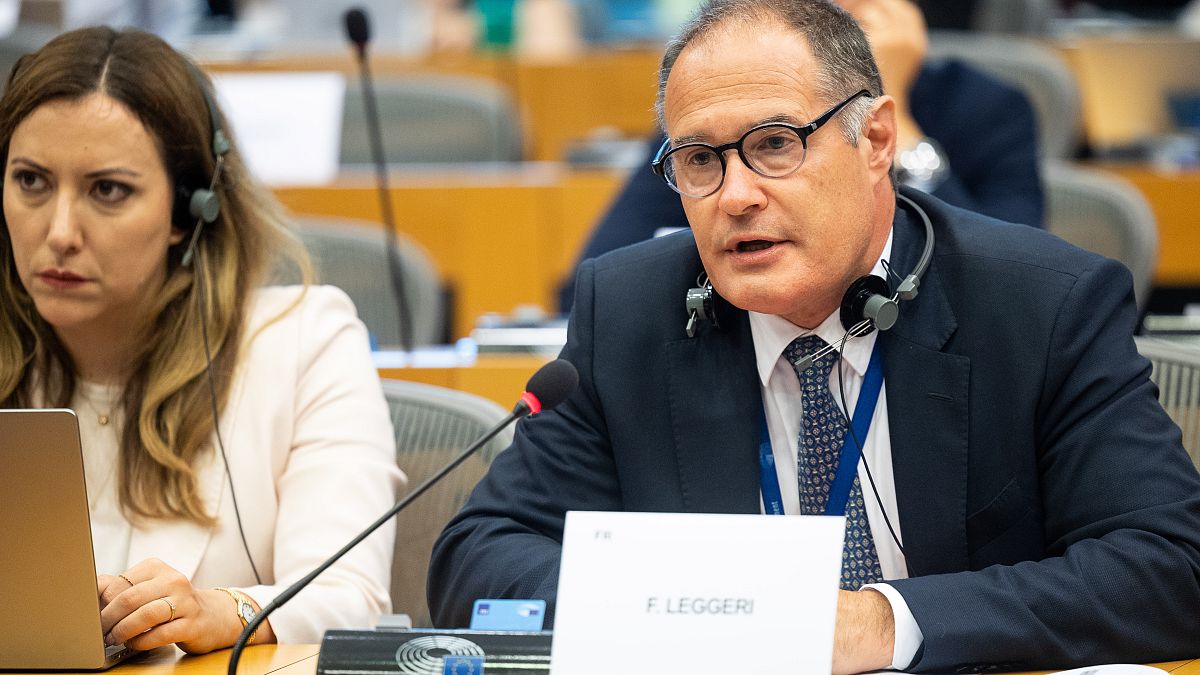Right-wing MEP Fabrice Leggeri has expressed opposition to the involvement of the European Parliament’s Women’s Rights and Gender Equality committee in the process of determining new rules to combat child abuse. Leggeri believes that such involvement would slow down the process and introduce unnecessary ideological controversy. The European Commissioner for Home Affairs, Ylva Johansson, presented a proposal for a revised directive aimed at combating online child abuse to the European Parliament’s Justice and Home Affairs Committee last Wednesday. Leggeri, the former head of Frontex, voiced his concerns about the potential impact of the FEMM committee’s involvement in the legislative process.
Leggeri’s position is shared by members of other right-wing parties, who believe that the involvement of the FEMM committee could lead to irrelevant debates about gender theory and ultimately delay the implementation of measures to combat child abuse. However, Chair of the FEMM committee, Lina Gálvez, has confirmed the committee’s request to be involved in the process, believing that their input would improve the directive. Emma Rafowicz, a member of both the FEMM and LIBE Committees, highlighted the successful collaborations between the two committees in the past, emphasizing the importance of addressing both child abuse and violence against women simultaneously.
The proposed directive aims to address new forms of digital crime related to child abuse, including live-streaming of abuse, deepfake images of minors, automated grooming, sextortion, and the distribution of detailed guides on exploiting children. The Conference of Committee Chairs will ultimately decide which committees will be responsible for the legislation, with their decision confirmed by the Conference of Presidents. The goal is to take swift action against child abuse and prevent the exploitation of children through digital platforms.
Despite the concerns raised by right-wing MEPs, it is essential to prioritize the protection of children and combatting child abuse through legislative measures. Collaborating with the FEMM committee can provide valuable insights and perspectives on addressing issues related to child abuse and violence against women. By working together and focusing on the common goal of protecting vulnerable individuals, including children, lawmakers can ensure that the proposed directive effectively addresses the evolving challenges posed by digital crimes against minors.
The involvement of the FEMM committee in the legislative process for the Child Sexual Abuse Directive can lead to a more comprehensive and holistic approach to addressing child abuse. By considering gender-based issues and violence against women in conjunction with efforts to combat child abuse, lawmakers can develop more effective strategies to protect vulnerable individuals. It is crucial to prioritize the well-being and safety of children and to take timely action to prevent and address instances of online child abuse.
In conclusion, while there may be differing opinions on the involvement of the FEMM committee in the legislative process for combating child abuse, it is essential to focus on the common goal of protecting children and preventing online exploitation. By working collaboratively and leveraging the expertise of various committees, lawmakers can develop comprehensive and effective measures to address the evolving challenges of digital crimes against minors. It is crucial to prioritize the safety and well-being of children and to take swift and decisive action to combat child abuse in all its forms.








